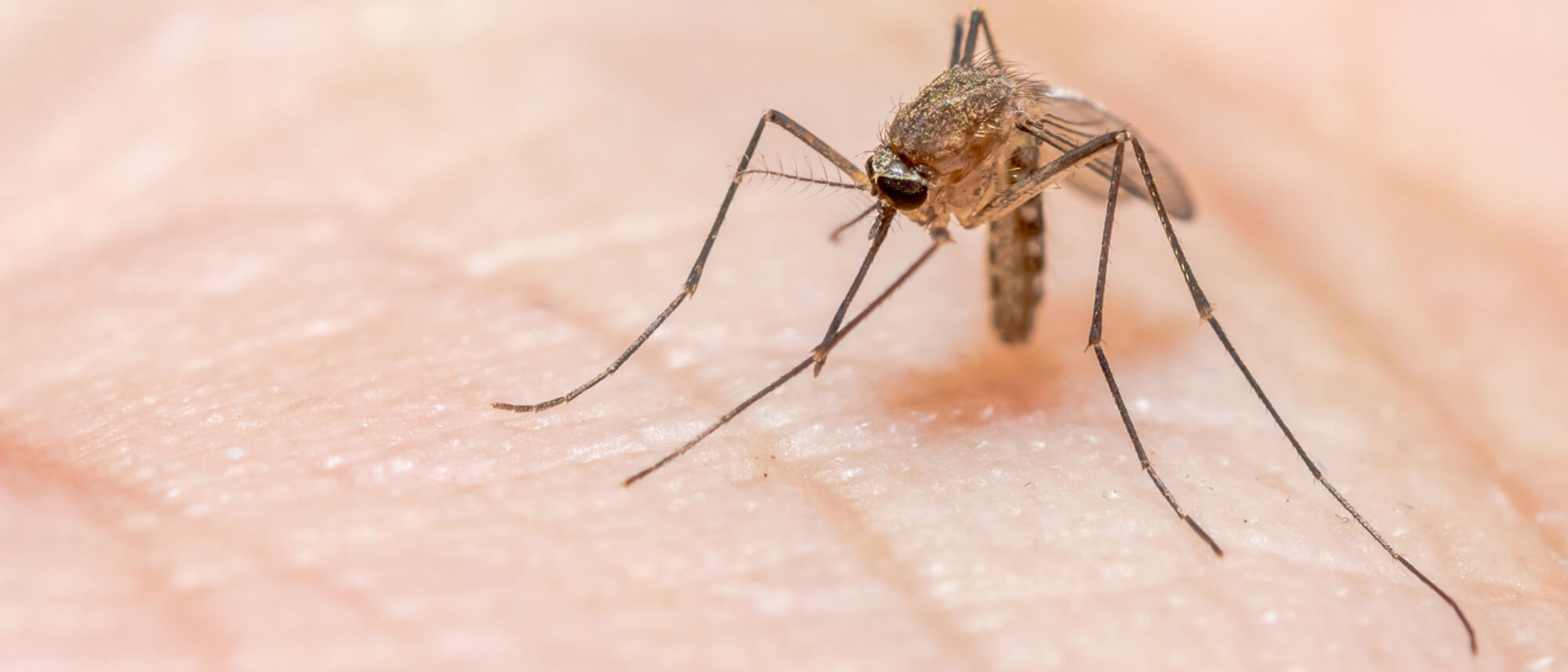
Breakthrough research
A team led by Glasgow has discovered a new drug that may prevent the spread of malaria, and also treat people suffering with the deadly disease.
The findings offer hope in the global fight against a disease that affects over 200 million people, and kills nearly half a million people, mostly children, every year.
Malaria is caused by the Plasmodium parasite, which infects humans through the bite of a mosquito. The parasite then grows in the liver and in red blood cells. Parasites can also change in the blood to take on a male and female form, which can re-infect mosquitoes when they bite and suck blood from infected people.
Now the team has discovered a drug that can kill the parasite at all of its stages of development. The new drug works by stopping the activity of an essential protein called PfCLK3, which controls the activity of other proteins that are involved in keeping the parasite alive. By blocking this protein’s activity, the drugs can effectively kill the malaria parasite, which not only prevents it spreading but also holds the possibility of treating the disease in humans too.
“We are tremendously excited about these new findings,” says Glasgow Professor of Molecular Pharmacology Andrew Tobin who led the team, “and we hope they pave the way for the first step in the eradication of malaria.”
The study was funded by Wellcome, The Medical Research Council and Tres Cantos Open Lab Foundation. The work was done in collaboration with GlaxoSmithKline, the University of California, University of Leicester, Royal Melbourne Institute of Technology, the University of Oxford and the MRC Unit The Gambia.
This article was first published September 2019.
According to the World Health Organization every two minutes, a child dies of malaria. And each year, more than 200 million new cases of the disease are reported. Although countries have dramatically reduced the total number of malaria cases and deaths since 2000, progress in recent years has stalled. Worryingly, in some countries, malaria is on the rise.

